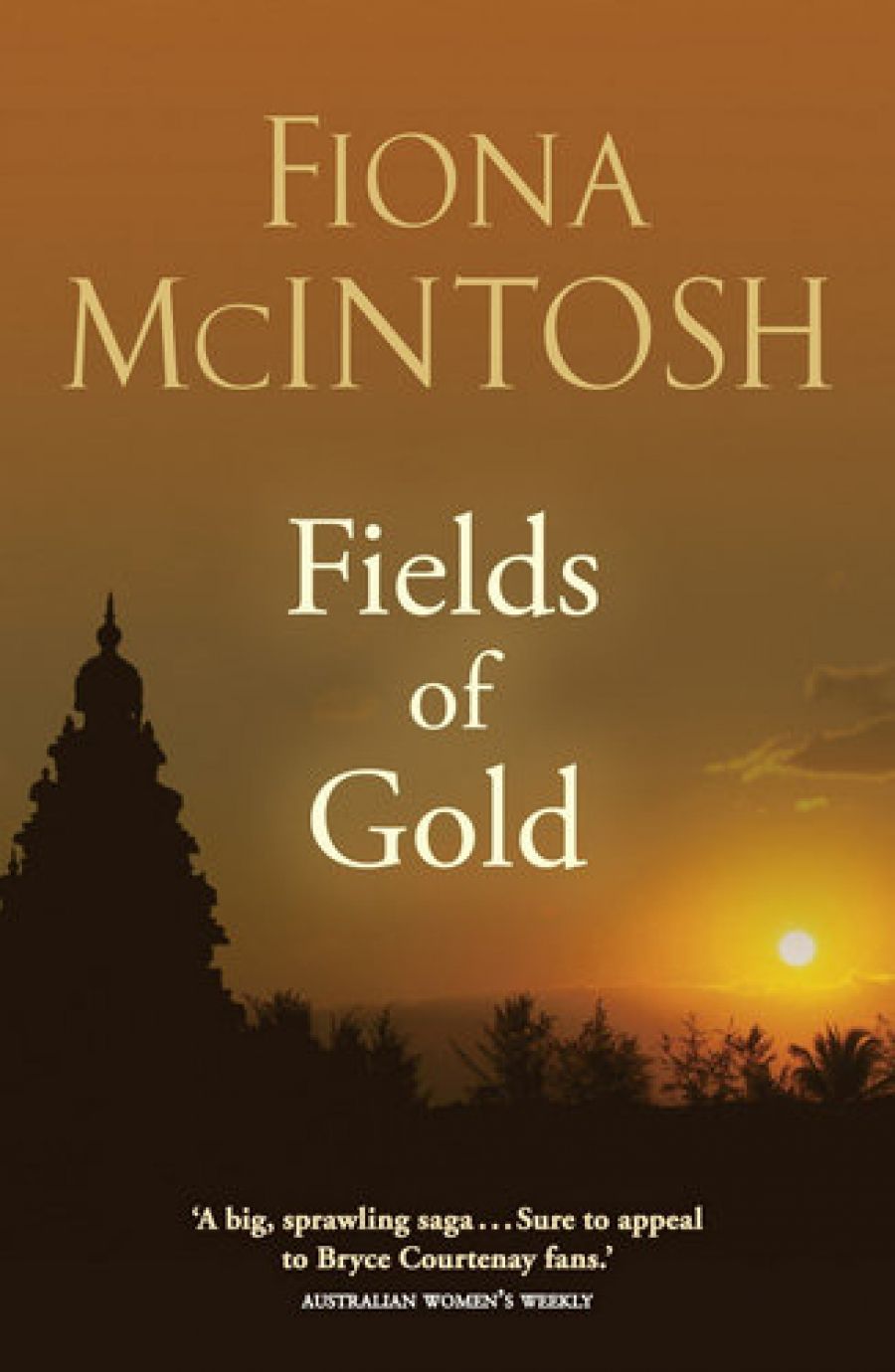
- Free Article: No
- Contents Category: Fiction
- Review Article: Yes
- Online Only: No
- Custom Highlight Text:
One of the things I am often called on to do as a bookseller is to make recommendations, particularly when it comes to fiction. This involves making a judgement about what a customer wants from a book, rather than what a book may want from its reader. Many readers declare from the outset that all they want from a novel is a good story they can escape into. They happily admit that they don’t want to be challenged, don’t want to work for their enjoyment.
This is the frequently offered rationale for mass-market fiction: pure escapism. It exists to entertain, not to edify. Hackneyed storylines and wooden dialogue don’t matter, so the argument goes; all that does matter is giving people the kind of uncomplicated enjoyment they crave. The writing might not be stylish, but neither is it pretentious. Fair enough, perhaps. If you are the kind of reader who sees nothing wrong with lines such as ‘a fresh spike of fear gripped him’ or ‘there was only one way to heal his thirst for revenge’ or ‘Iris has always been blindly attracted to people who don’t fit the mould’, then criticism of this book is probably redundant. If, however, mixed metaphors, clichés and melodramatic flourishes make you cringe, be warned that Fiona McIntosh’s Fields of Gold is full of them.
- Book 1 Title: Fields of Gold
- Book 1 Biblio: Penguin, $32.95 pb, 594 pp
The novel is an historical romance set in Cornwall, Burma and India, in the years after World War I. It follows the fortunes of two young men, Jack Bryant and Ned Sinclair, who meet in Bangalore where they are both intent on seeking their fortunes in the nearby Kolar Gold Fields. Bryant, the scion of a wealthy Cornish mining family, leaves home abruptly to avoid his debts and various personal scandals, and to put some distance between himself and the burden of familial expectation. Sinclair is a Scot whose parents die tragically soon after his family arrives in Burma. He and his younger sister are promptly bundled off to an orphanage overseen by a lecherous villain named Dr Brent. They evade him with the help of Robbie, a fellow orphan, who finds passage from Burma to India for the three of them, provides the name of a wealthy, well-connected contact in Bangalore, and then dies during the voyage from a self-inflicted bout of cholera. Sinclair is good and kind and earnest; Bryant is handsome, arrogant and game for anything. They form a strong brotherly bond almost as soon as they meet, but later become rivals for the love of the beautiful Iris Walker.
McIntosh is adept at propelling her story forward. The novel wastes little time establishing its settings or the motives of its principal characters. Everything that is mentioned tells the reader something crucial to the plot. Material detail is used efficiently but perfunctorily: there is no ambiguity, no dilly-dallying, and definitely no humour or irony. There is no question of interrupting the action to give a character time for reflection beyond conventional declarations of feeling.
The clichés and purple prose do have a functional quality. All genres rely to some extent on the expediency of stylistic convention. When we read of the blue-grey storminess of Jack Bryant’s eyes, or when Iris Walker’s mother advises her, ‘If you have a man who cherishes you, you are rich’, we instantly understand the fictional mode and the essence of what the author wants us to know. The shorthand is antithetical to reflection, but means that it is not necessary to divert attention from the story with nuanced dialogue or long descriptive passages. And there is something refreshing about not having to step aside from the action to draw out the symbolism of each moment, as some amateurish novels with literary pretensions are prone to do.
But the prefabricated quality of the writing soon palls. The lack of depth is fine if all you want to do is get to the end of the book without much bother; but it is ultimately unsatisfying. Fields of Gold is completely disposable and in-stantly forgettable. The historical setting merely enables the clichés, evoking a romanticised lost world in which people speak woodenly, dress elegantly and behave either heroically or sinisterly. There is no attempt to make any of the protagonists seem authentic or to complicate their motives, and it is difficult to feel any empathy for characters who exist for the sole purpose of carrying a tired plot.
That the novel embraces these aspects willingly is an indication of how it is meant to be read: the author does not want you to dwell on beautifully crafted sentences, she wants you to keep your blinkers on and your eyes on the finishing line. On this level, it is a success. Fields of Gold is a novel that demands little from its readers and gives little in return.


Comments powered by CComment